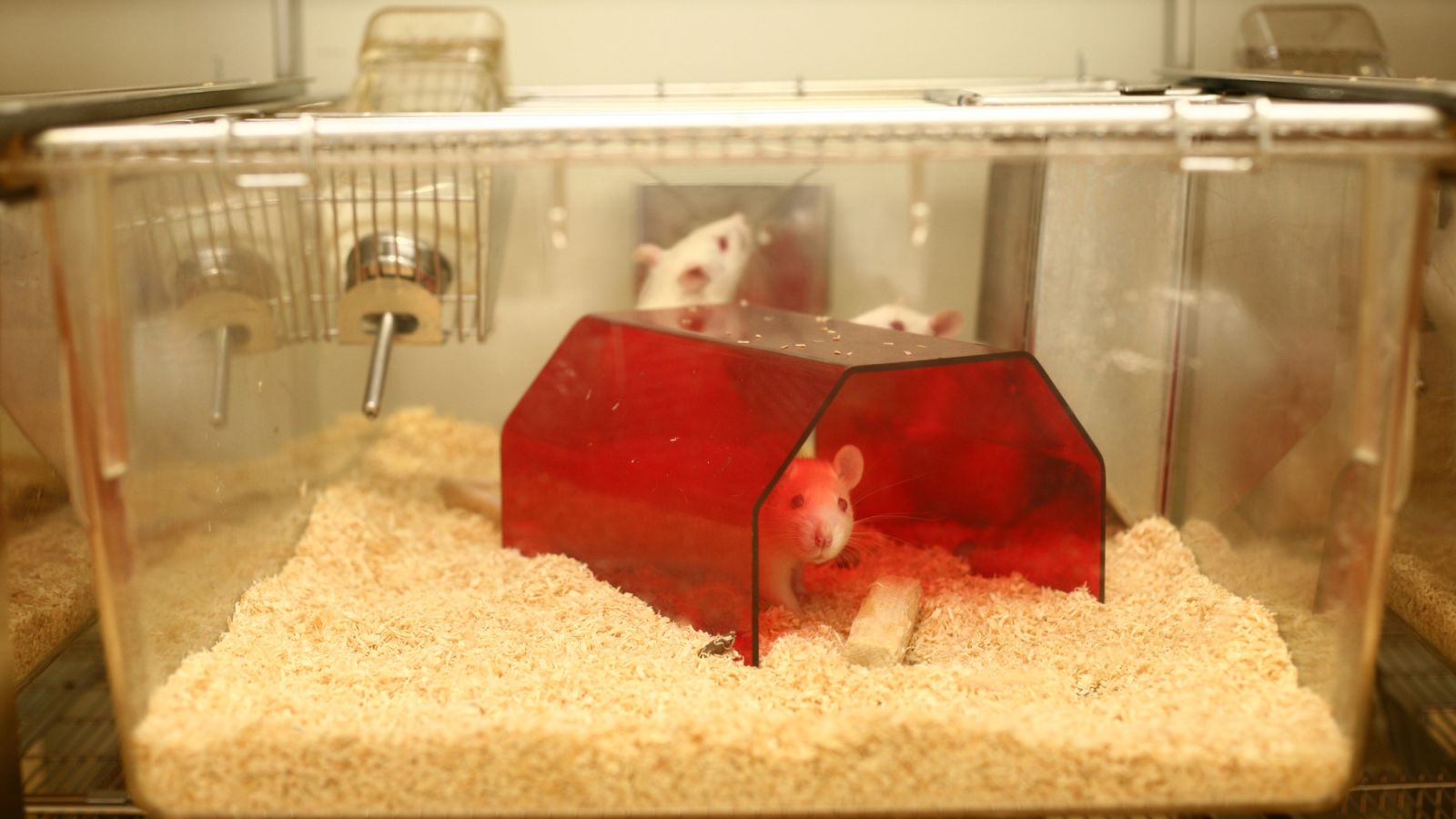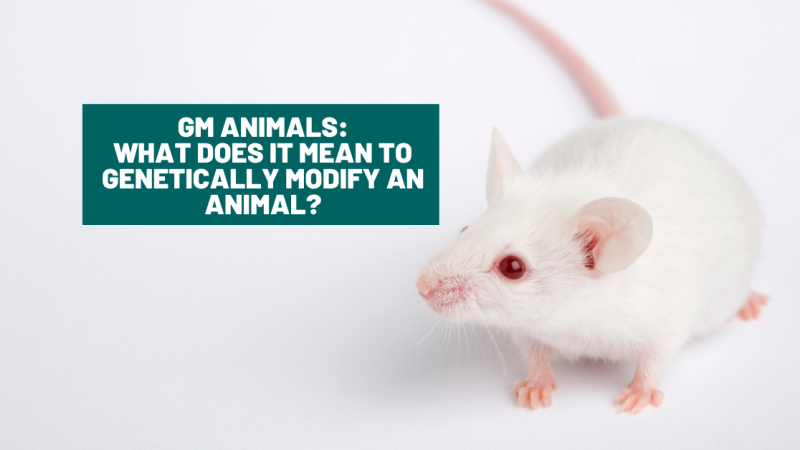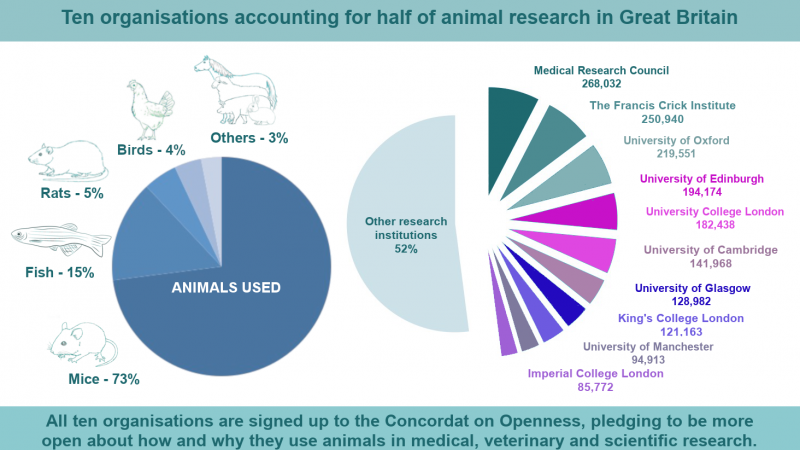 Mice are the archetypal laboratory animal. They are the most common vertebrate used in medical research and were the first mammal after humans to have their genome sequenced, back in 2002.
Mice are the archetypal laboratory animal. They are the most common vertebrate used in medical research and were the first mammal after humans to have their genome sequenced, back in 2002.
Until now rats have trailed behind mice in terms of numbers used, and the gap has been getting ever wider due to the boom in the use of genetically modified mice. But this could all change thanks to recent innovations in genetic techniques on rats.
GM animals are usually created by ‘knocking out' certain genes. Genetic diseases are caused by a mutation in a particular gene, and so this genetic modification can be used to model genetic disorders seen in humans. The main method for doing this in mice involves changing the DNA in embryonic stem cells.
But in rats, embryonic stem cells develop into other types of cell much too quickly to alter their DNA. This meant their genome couldn't be manipulated in the same way, making rat models of human diseases hard to come by.
One approach is to mutate genes at random, in the hope of knocking out a gene in the right place. But such a process is time consuming and gives little control over which genes are altered. That all changed earlier this year, however, when scientists worked out how to slow rat stem cell development long enough to make genetic changes. This more targeted method could allow specific GM-rats to be produced much more efficiently.
Creating better models of human disease in rats has potentially huge benefits for medicine as GM-mice models are not foolproof. Sometimes mice with the same genetic defect do not exhibit the same symptoms as the human disease. In this case, it is useful to have an alternative model, such as rats.
Rats are also more likely to mimic diseases in humans because they have more similarities to the human body than mice. Their blood system and liver enzymes are more similar to those of humans, and rats also metabolize drugs in a similar way. Further, the greater complexity of rat brains makes them a better model for brain disorders such as Parkinson's, Alzheimer's and autism.
The mouse model of Parkinson's disease does not exhibit the same symptoms as humans, perhaps in the future a rat model will.
Read more about GM rats.
Last edited: 6 April 2022 15:40




